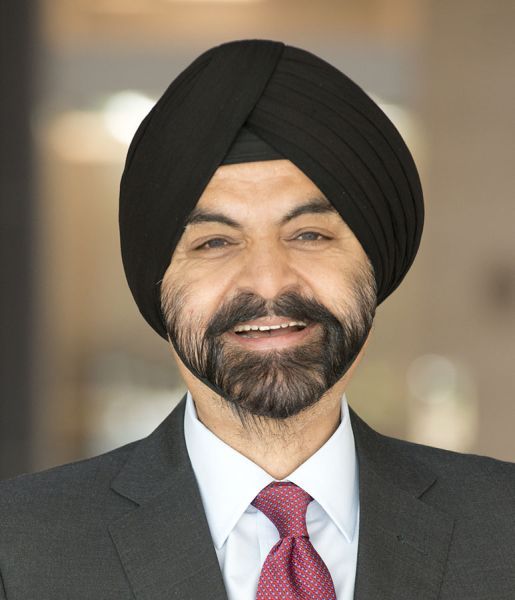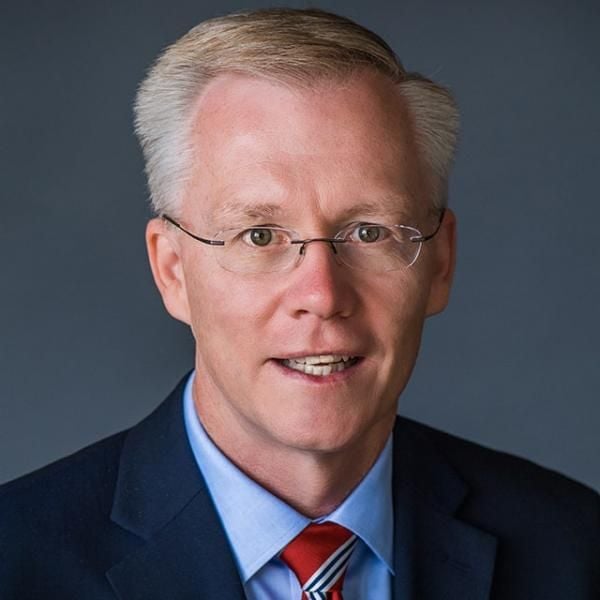
As a child growing up in the former Soviet Union, I remember vividly the long queues for basic groceries in the biting cold of a Russian winter. My parents were both engineers—well-educated and holding down good jobs—yet they struggled to put nutritious food on the table for their children.
I was fortunate enough to move to the US when I was 13, where I ended up studying medicine and law. However, it was the financial sector that I was eventually drawn to, and which ultimately gave me an opportunity to change the circumstances of my own family. Significantly, it allowed me to build wealth from nothing so that my children could have the kinds of opportunities that I didn’t.
These experiences forged my belief in the power of financial markets to transform the lives of individuals, wherever they may come from. It's not a perfect system by any means, but financial markets are, by and large, a meritocracy that prioritizes knowledge and expertise over connections or stature in life. And with developments in technology, financial markets have become even more accessible to the masses, opening up opportunities for building wealth to the main street.
Beyond impacting the individual, I also believe that financial markets have the ability to act as a check and balance on some actions of governments. In Asia, many governments and state-owned enterprises that have displayed fiscal responsibility have been able to access global debt markets at competitive levels, and this can be seen in the relative resilience of Asian emerging market economies.
When the COVID-19 pandemic started, we saw how supply chain disruptions rippled across the globe. The disruptions caused increases in shipping costs, delayed shipments, and resulted in shortages across the supply chain. Many of our clients were forced to rethink their inventory management from just-in-time to just-in-case. All of these changes in business strategy have implications for our clients’ working capital. Citi’s supply chain finance capability, structured financing solutions, and global network have been stabilizing forces in enabling our clients to navigate the challenges, including supporting and advising them on new supply chains.
Financial markets can be an effective mechanism for driving innovation and change.
We also witness that when populations have an agenda that’s important to them—such as addressing the climate crisis—financial markets can be an effective mechanism for driving innovation and change: whether it is banks working to expand carbon credit schemes or pension funds divesting companies in industries seen to be harmful to the environment.
Global financial institutions, like Citi bank investors around the world, are also citizens of their respective nations. So, in some respects, governments and financial institutions service the same groups of people.
That said, there have been periods—such as the one following the global financial crisis—where governments and regulators have had to exert control over the financial system to rein in certain excessive behavior. These actions, for the most part, have made the industry more responsible. So I see this as a process of mutual influence.
A Tremendous Opportunity for Asia
In this respect, I believe this is a tremendous moment for financial markets in Asia. As investors in the region shift their priorities towards preserving wealth, building sustainable businesses, and generating positive social impact, financial markets will be key in helping individuals and companies achieve their goals and potential.
The good news is that with the help of its test-and-learn regulatory attitude and innovation-friendly landscape, Asia has led in some of the newer areas of finance such as digital banking, digital assets, and other aspects of the FinTech ecosystem.
Progress has also been made in promoting financial inclusion in the region. One such effort is Youth Co:Lab, an initiative by the United Nations Development Programme and the Citi Foundation that aims to invest in youth in Asia Pacific. Established in 2017, Youth Co:Lab has so far benefited over 11,000 young social entrepreneurs and helped to launch or improve over 1,240 youth-led social enterprises.
The maturing of Asia’s financial sector will see it play a more effective role in providing a check on governments, similar to what is already happening in the west. To this end, the linkages between Asian and global markets will be key in facilitating a knowledge transfer that will help the region’s financial sector further develop, as well as provide Asian investors access to global opportunities. Ultimately, I believe these trends will contribute to a more stable world amid a sea of uncertainty.












